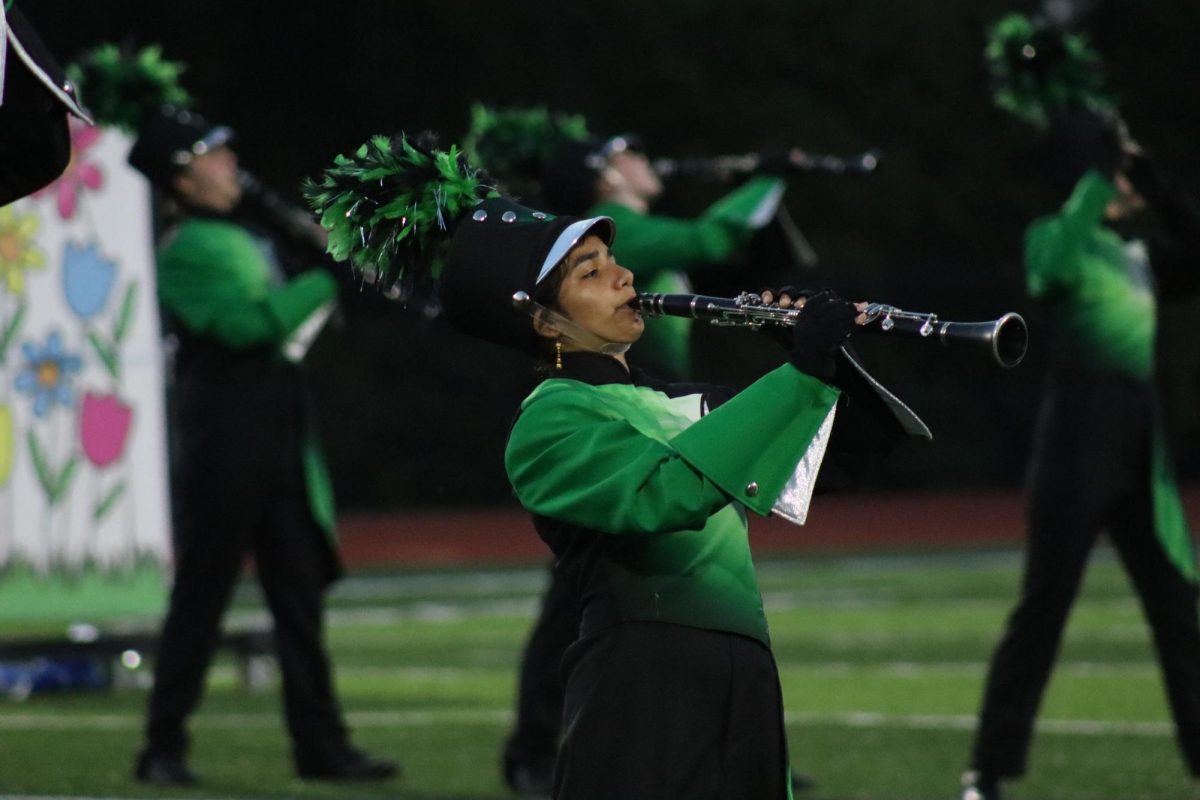Sextortion is on the rise, and with that comes deadly consequences.
Sextortion is when someone, typically an adult, pretends to be a teenager online and targets a minor, building trust and convincing them to send explicit photos or videos, according to University of Missouri Police Department spokeswoman Sarah Diedrich.
Once the teen trusts them enough to send explicit photos, videos or both, the predator requests something from the child. Sometimes it’s money, other times it’s more photos. If the victim refuses the request, the predator will threaten to send the explicit items to their friends, family or school. In a 2022 statement by the FBI, there had been about 7,000 reports of sextortion of minors and 3,000 victims. Sextortion has lead to more than a dozen suicides, the FBI reported.
HOW IT STARTS
“It typically starts with somebody building some sort of trust in a relationship with another person, what the other person perceives as a romantic relationship,” said detective Kristen Rivera of the Clay County, Mo., Sheriff’s Department.
More and more teen relationships start online, and they often trust one another without ever meeting in person.
“The slow move from asking for some pictures of you, which normally happens if you’re in an online romantic relationship, or this can happen if you’re in a relationship where you know each other, too,” Rivera said. “It normally starts off with that. Then, once the person starts asking to see more and more, that’s them kind of trying to see how far you’ll go.”
THE VICTIMS
Diedrich said Snapchat and Instagram are the most used apps for sextortion. Apps have become the easiest way for a predator to get into contact with a young person.
“Sextortion normally happens when that person is misrepresenting themselves,” Rivera said. “A sign that you’re in the process of being sextorted is they continue asking for more.”
According to U.S. Customs and Immigration Enforcement, sextortionists more frequently target teenage boys. They pretend to be a girl their age in order to get the explicit photos.
“A few cases were males that thought they were talking to a real teenage girl,” Rivera said. “So these were teenagers. They were often involved in sports.
Sextortion can lead teenagers to believe their life is going to be ruined if they are caught. Rivera shared the story of a boy who was a talented wrestler who was earning a wrestling scholarship to college.
“The person just basically formed a relationship online with them,” Rivera said.
Then, the predator sent sexual photos to the boy.
“They probably used images of other girls from online,” Rivera said. “They asked the young man to take photos of himself. He sent that person a few pictures, then they asked for more pictures.”
The boy said no, he wouldn’t send them more explicit photos of himself.
“They basically said, ‘We know where you go to school; we know that you’re out getting a wrestling scholarship; we’re going to send this to your whole wrestling team if you don’t send us more images,” Rivera said. He refused to send more pictures and sought help.
Sextortion has led to teen suicide – at least 20 minors in the past few years, according to the FBI statement. There are some signs to recognize when a person may be suicidal.
“They’ll pull away from people who are close to them,” said senior Ava Curtis, a member of HOPE Squad, the group who works to prevent teen suicide.
WHAT CAN YOU DO?
Those who believe they are a victim of sextortion can contact the Missouri Cyber Crimes department at (314) 539-2200.
“Just don’t trust people that you’re speaking with online; that’s the easiest way to prevent it,” Rivera said.
































